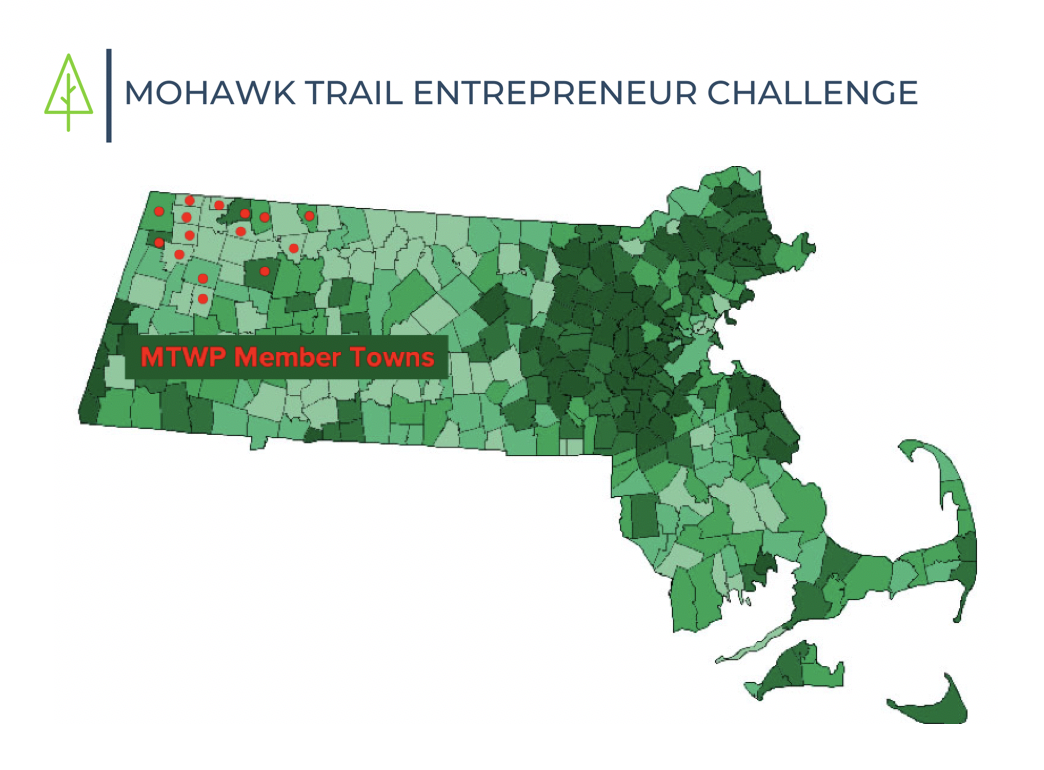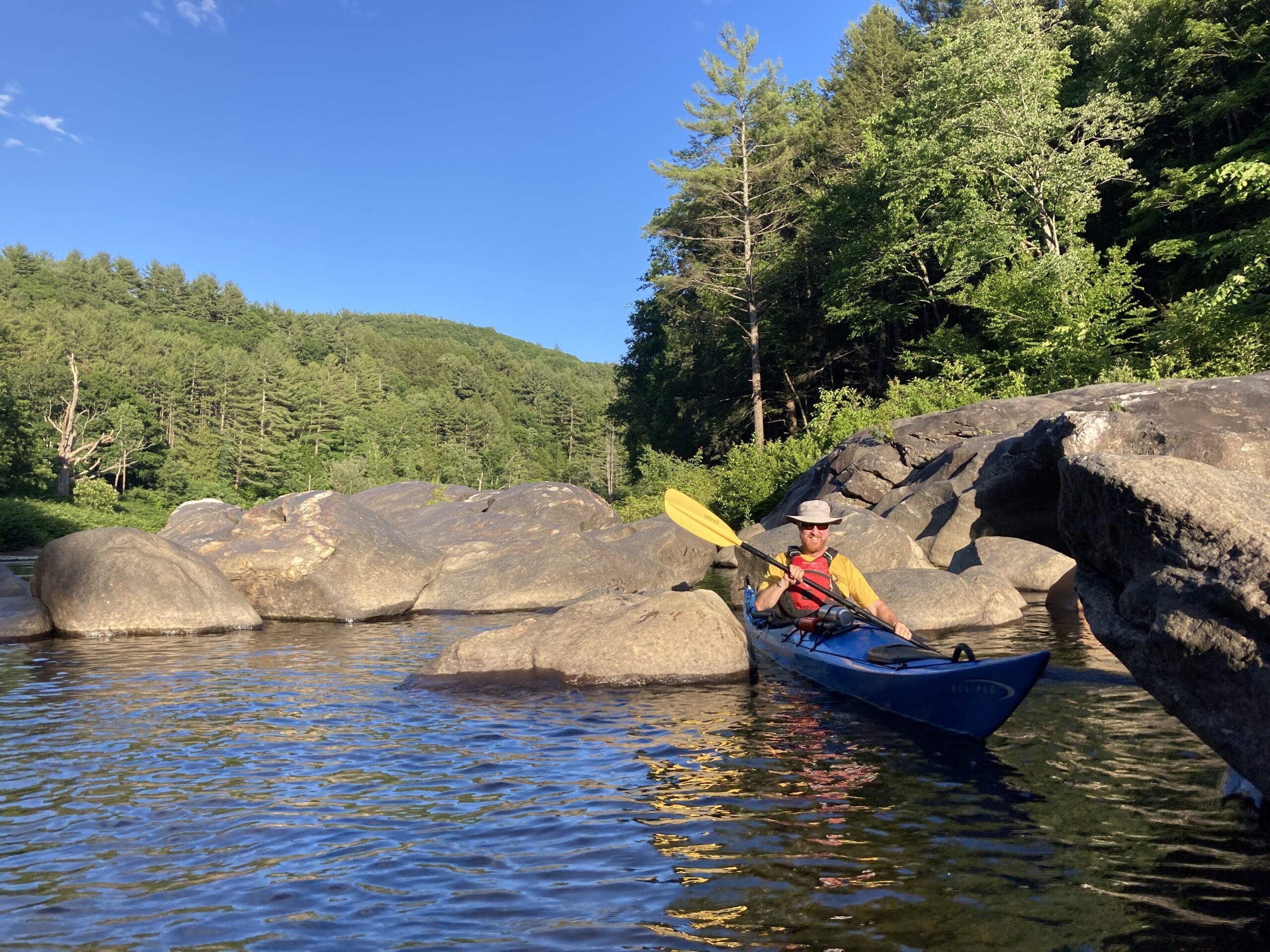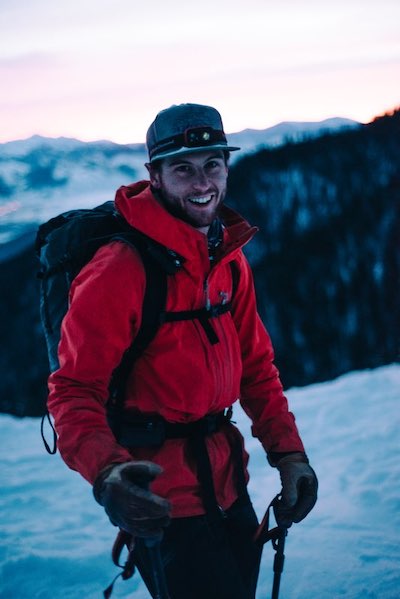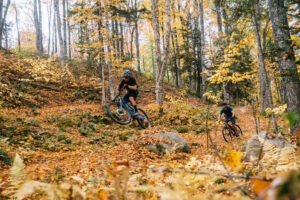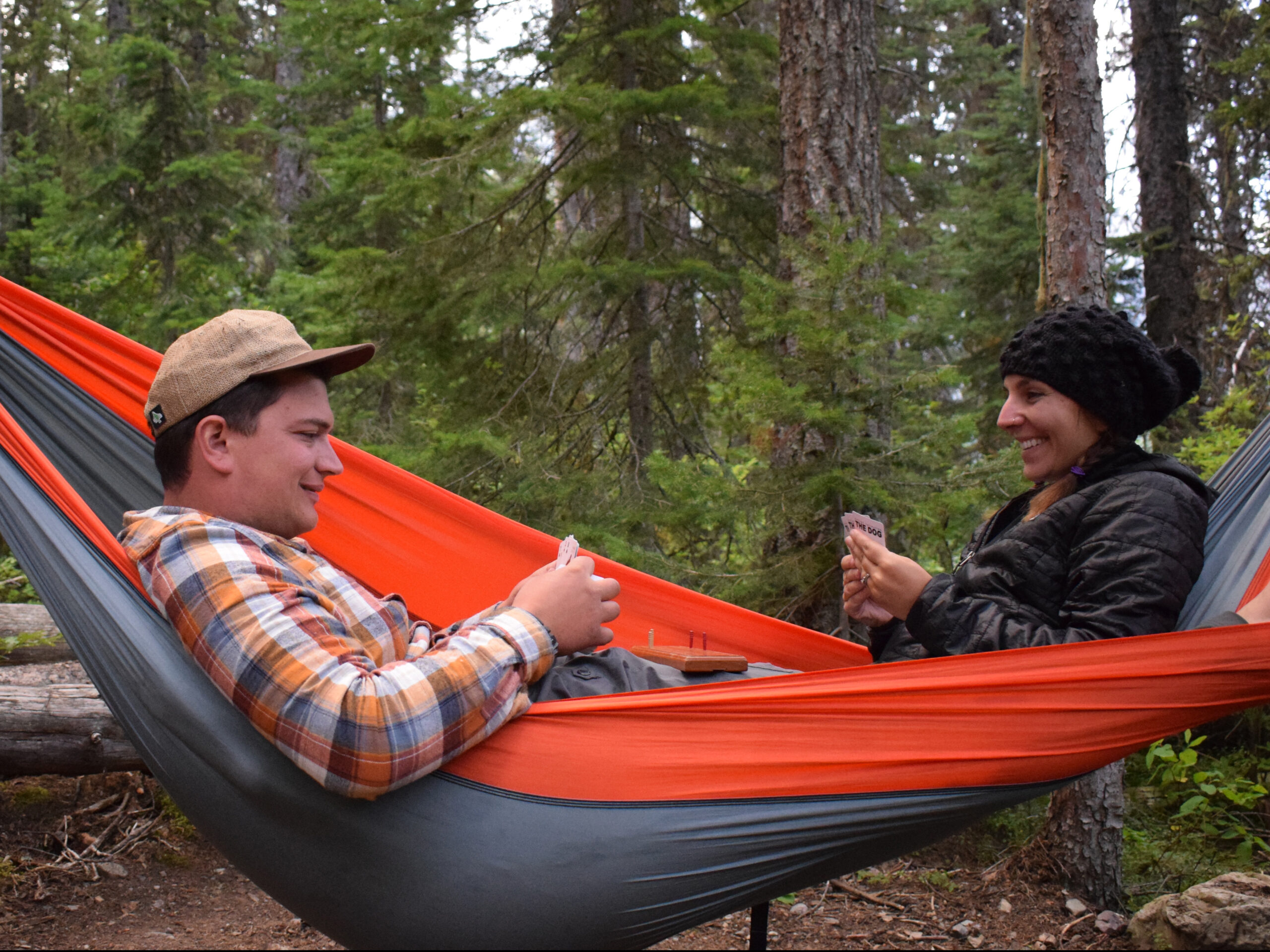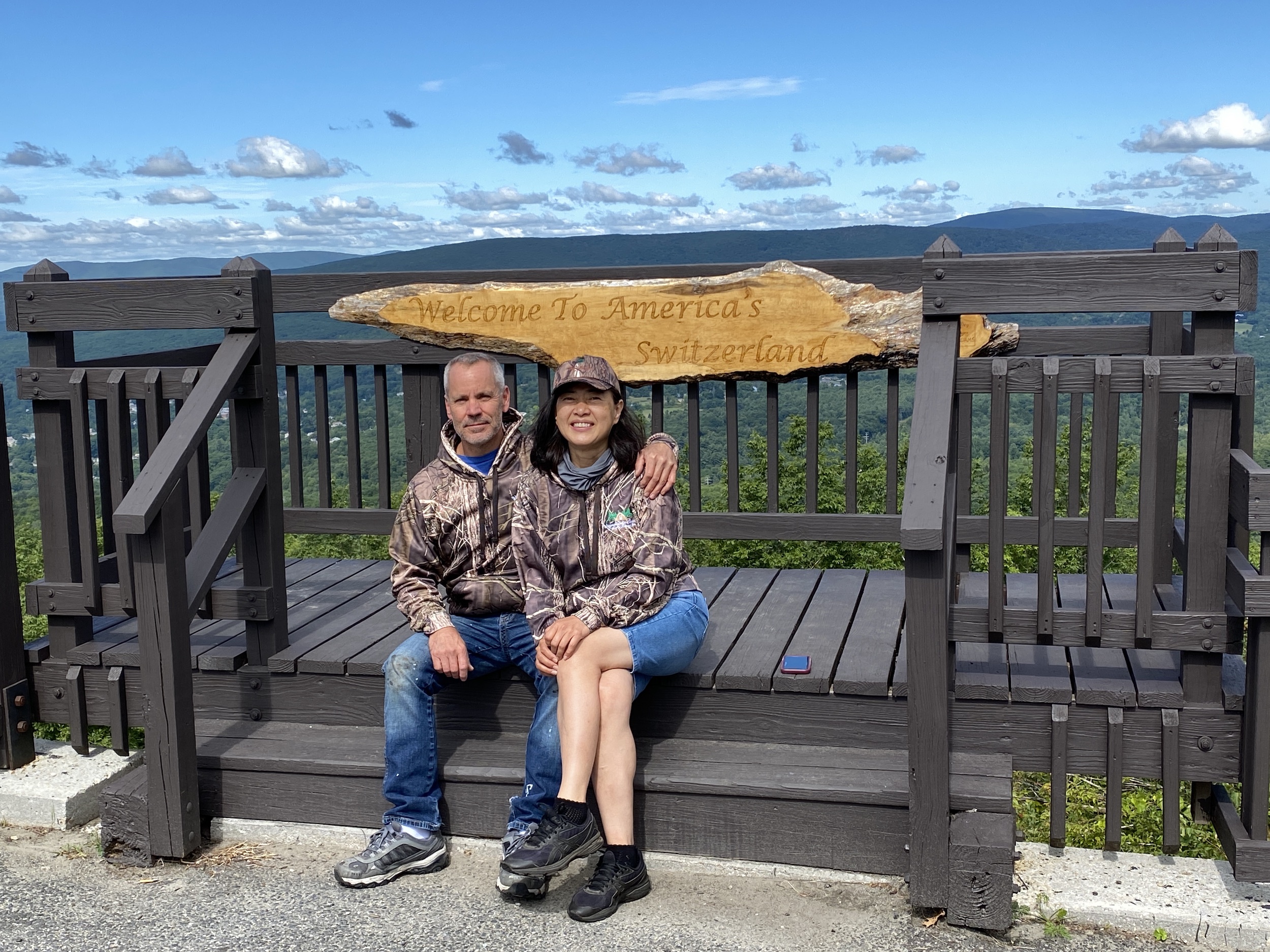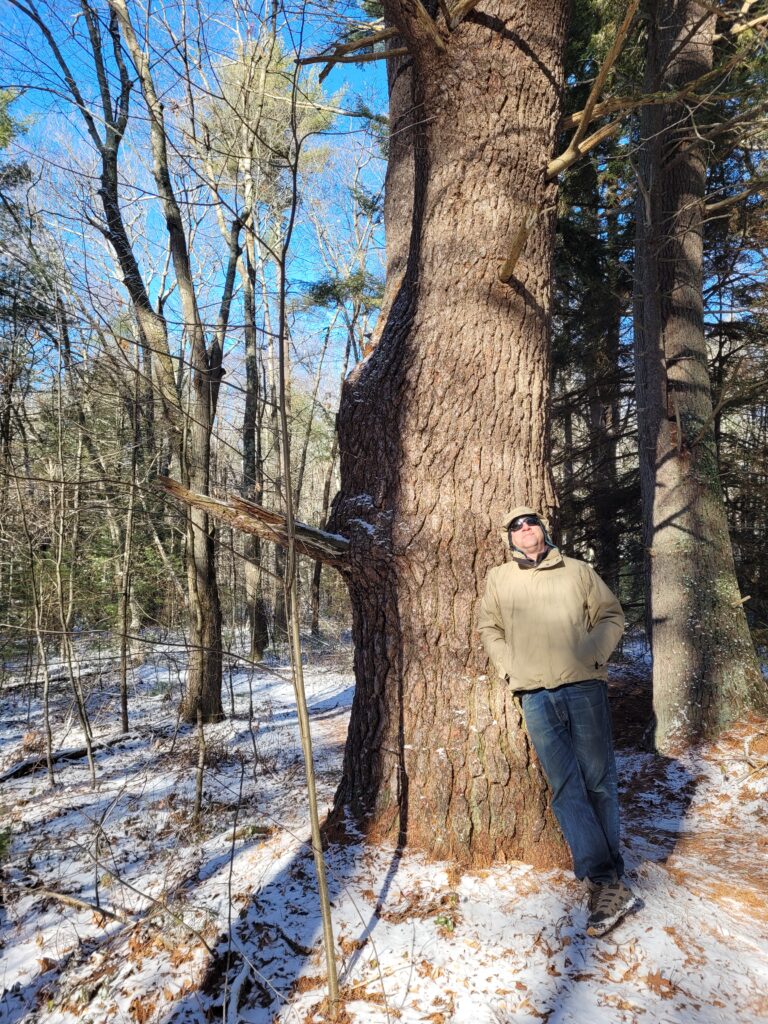“It’s a labor of love, more than anything else,” David Eve said of his family’s tree farm, which spreads over land in Conway and Deerfield. The Eve-Cowles Family Tree Farm is a Berkshires example of sustainable forestry in action. The family manages the woodland using techniques honed over four decades of stewardship.
Eve, an associate professor of computer science at Massachusetts College of Liberal Arts in North Adams, is now developing technology to help others practice sustainable forestry, including a turbidity sensor for woodland streams. Turbidity is a measure of the amount of particulate matter within water. In general, higher turbidity in stream water suggests upstream land disturbance.
During tree harvesting, heavy equipment often disrupts the soil and the logging roads alter the paths of rain water. Erosion caused by timber harvesting disrupts the woodland soil ecosystem. In addition, particulates washed into the streams hurt macroinvertebrates and the animals that feed on them. Eroding soil and makes streams “muddy,” which makes them turbid.
Eve’s sensors will help foresters minimize these impacts by comparing baseline turbidity statistics to turbidity readings during logging. Eve hopes his technology will improve sustainable forestry practices, for example by restricting logging activity to days when ecological impact is minimized. In time, his turbidity monitoring technology could also be used to minimize erosion impacts in construction, agriculture, road-building, or any activity where there is soil disruption.
Eve notes that his newest project is an extension of decades of attentive forestry. “Some of the earlier harvests that took place up there, well, it was a different generation for forestry,” Eve recalled, “You’d take the best trees and leave the garbage behind. Seeing things now from the perspective of sustainable forestry, it’s a measured approach. What’s left behind becomes the stock for future generations.”
Nowadays, the work of sustainable forestry is multifaceted, including timed and selective cuts to ensure optimal forest regrowth, wood quality, and the recreational value of a land parcel. Eve also noted the tree farm’s work with habitat improvement, including a multi-year plan to create habitat for birds that prefer shrubland and field environments.
Eve says his parents never intended to develop the land when they purchased it decades ago. Rather, it was more of a lifestyle decision. To this day, the parcel is much more to Eve than just a tree farm. Every winter, his family and friends use the land’s trails for cross-country skiing adventures, and every summer, Eve hikes its logging roads. “We moved here from the Midwest, so the idea of having a chunk of space for my sister and me to run around was part of the family wiring,” he said.

